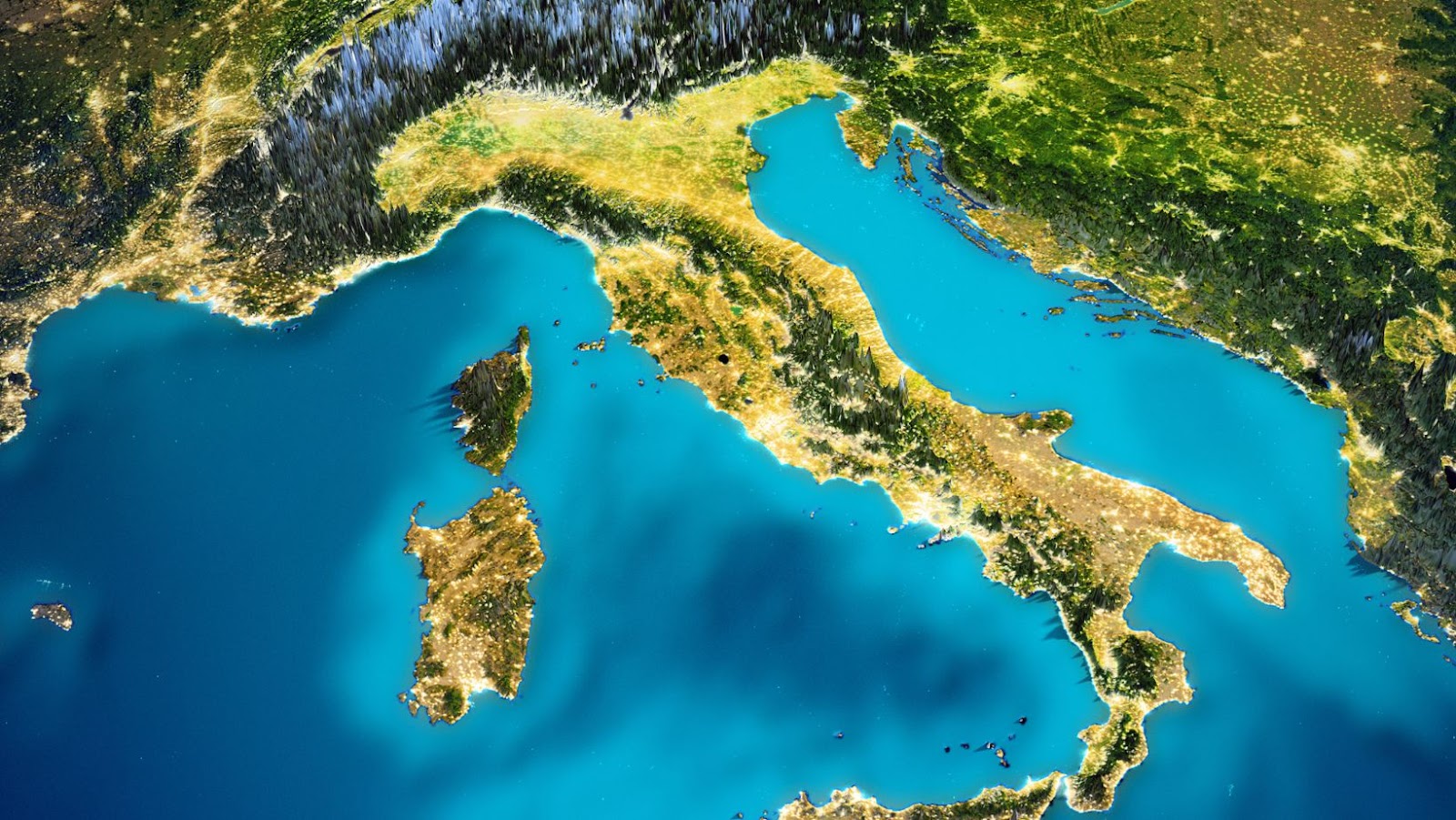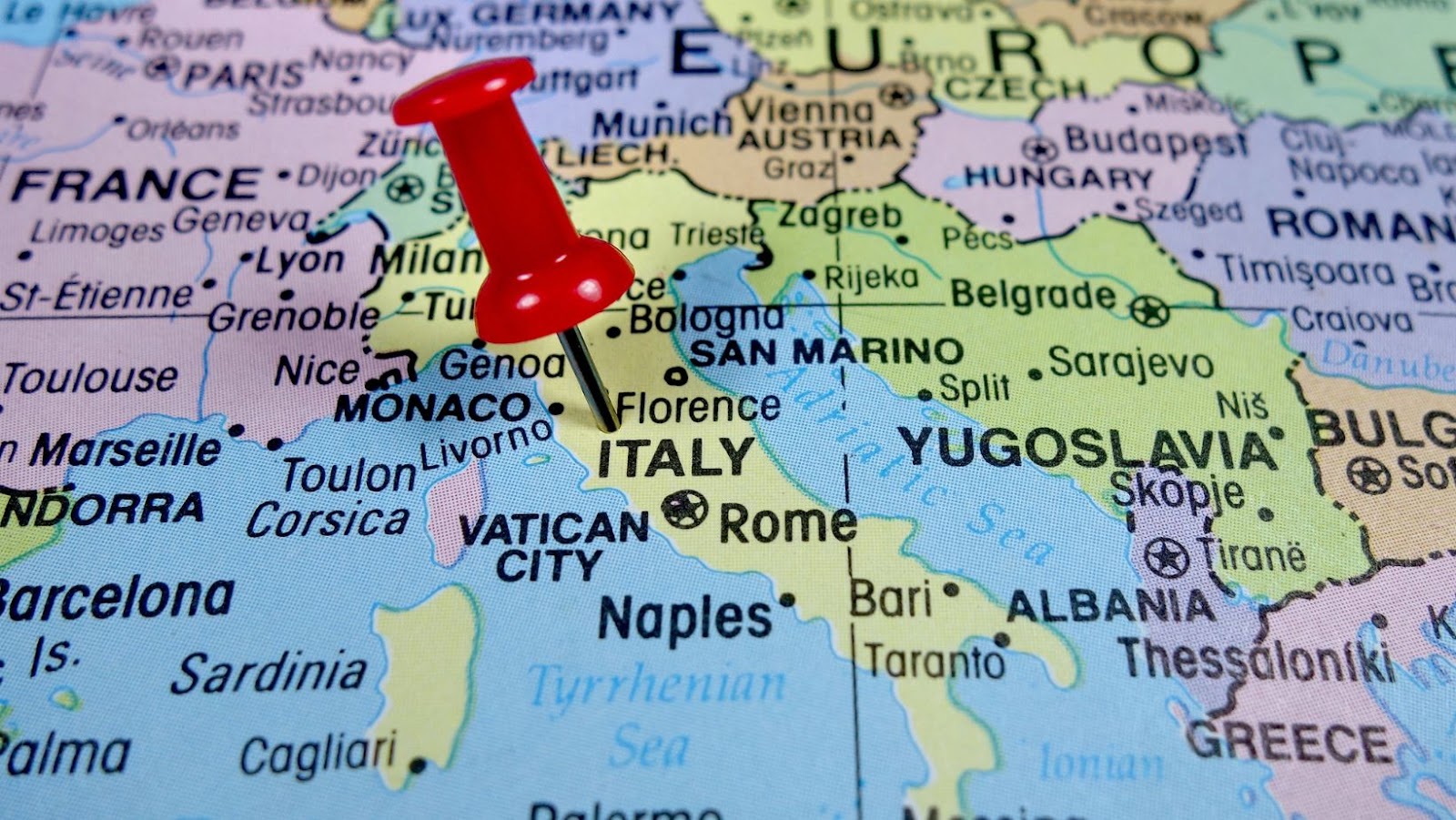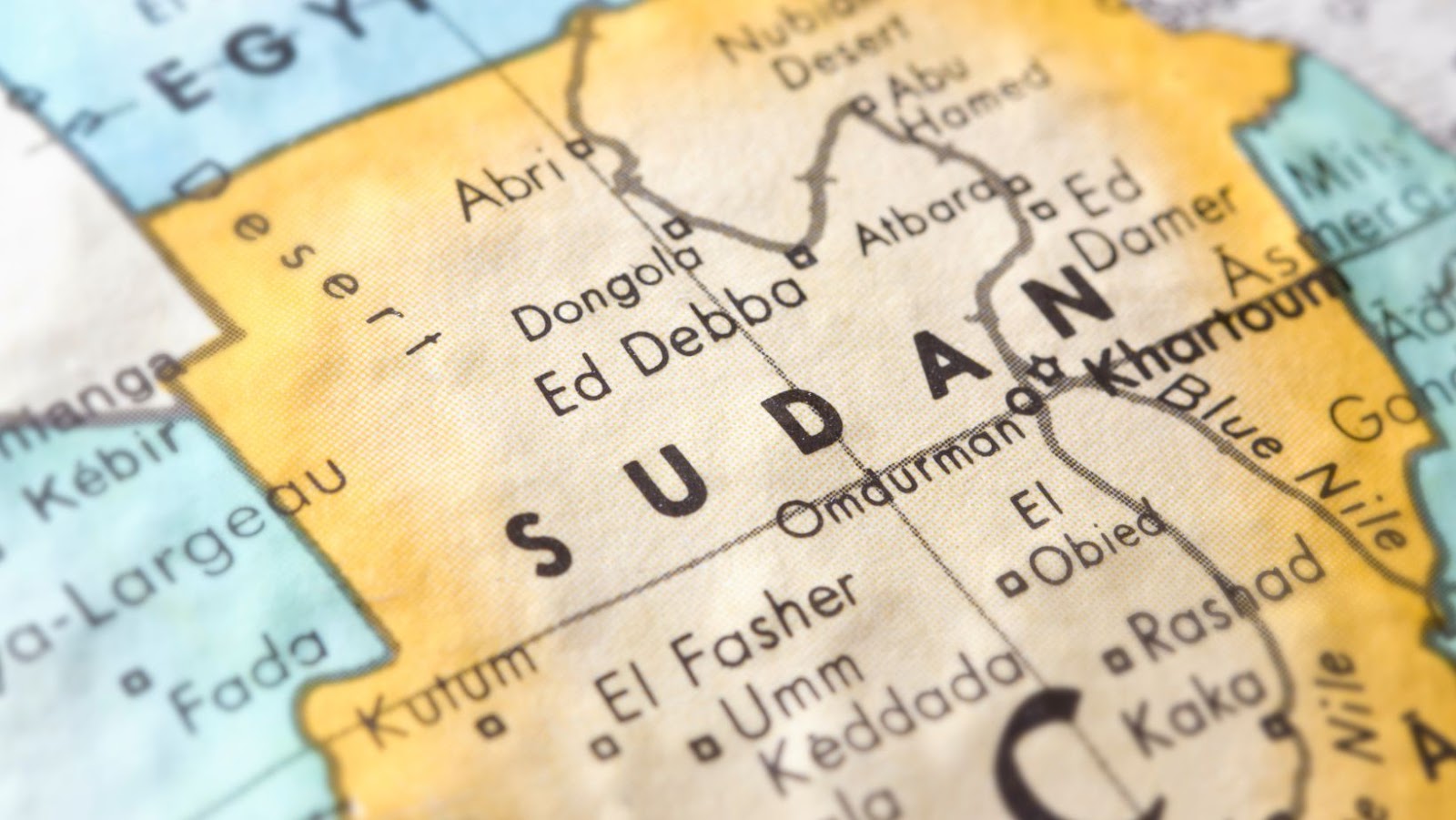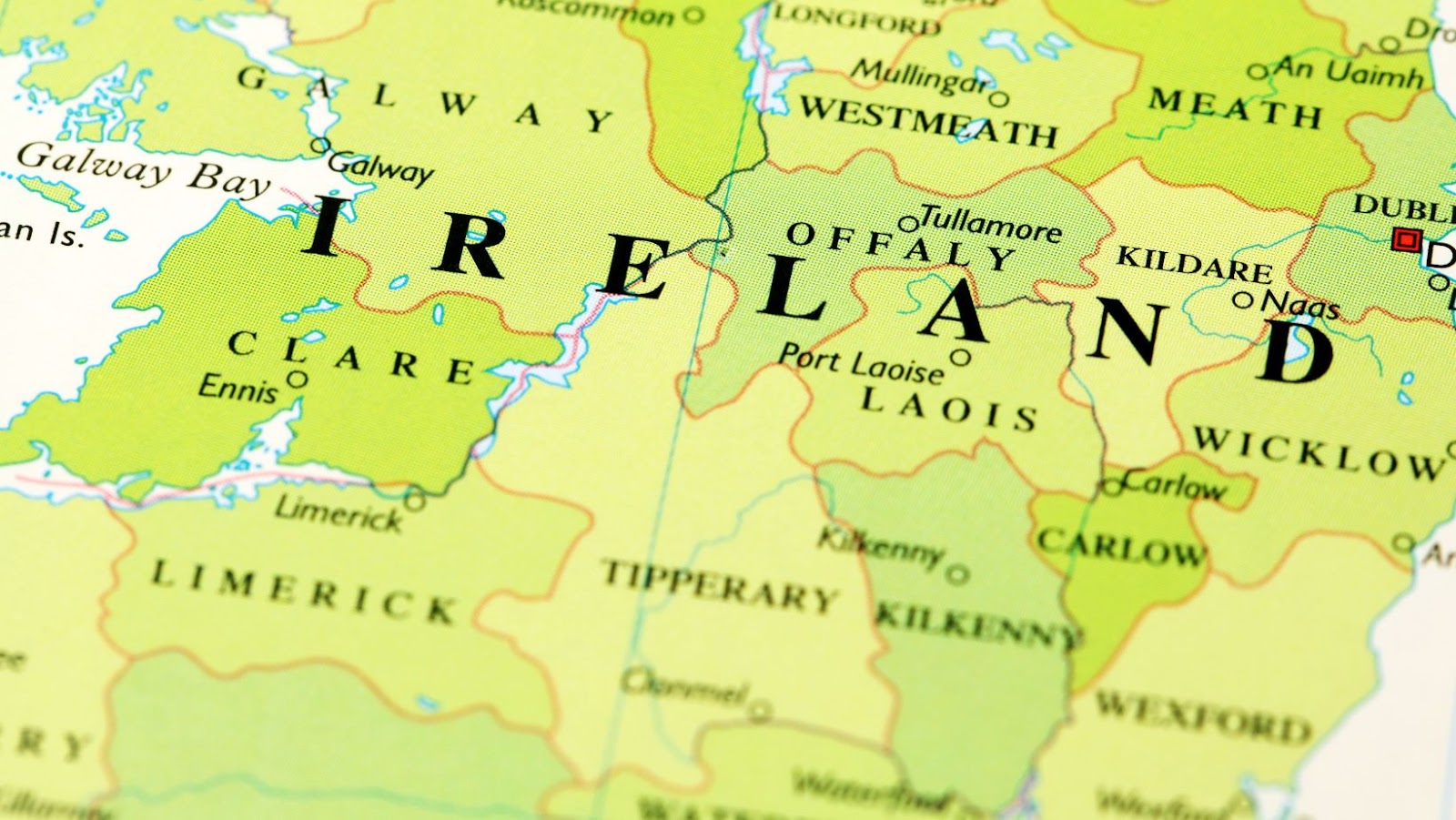Today, Apple has come to a decision that affects the lives of its users. As the world’s most valuable technology company, Apple has a global presence and makes decisions based on consumer opinion, industry professionals’ opinions, and surveys from different markets. With this new decision, Apple hopes to benefit users worldwide with greater convenience and improved safety for their data.
Apple’s decision affects how users work with their devices, how they interact with websites and what privacy measures are in place when transferring information over the internet. Therefore, it is important to understand how this new policy affects how people use their devices and what is being done to keep consumer data secure. This article will explain in detail how this change will affect consumers worldwide and discuss the necessary steps to ensure all aspects of their device are up-to-date and secure.
Background on Apple’s Decision
Apple’s decision to mark Crimea as part of Ukraine in their maps has major user implications.
Apple’s decision follows a 2014 referendum in which peninsula residents voted to join the Russian Federation. This decision has drawn both criticism and praise from around the world.
In this article, we will discuss the background of the decision and how it affects users.
Apple Maps now shows Crimea as part of Ukraine
Apple recently prompted global discussion with its decision to show Crimea on its Maps, Weather, and News applications as an integral part of Ukraine. This decision has been criticised and praised, with some celebrating the company’s stand on international politics, while others calling the move a source of further polarisation and potentially escalating tensions between Russia and Ukraine. Since the move was made in April 2019, the effects have already started to be felt among Apple users worldwide.
For those living in Crimea and other regions currently under dispute, having Apple recognize their geographic location is a major step forward. For many, it marks a significant victory for international recognition of their home countries and advancements towards global peace in conflict zones. It is also seen as a major positive by users who want to inform themselves more accurately about world events; having such instances is reflected by large companies makes all news sources more reliable.
However, Apple’s decision has also generated controversy due to its politically-biased implications; straying so prominently into delicate diplomatic issues could cause further polarisation amongst existing disputes instead of helping ease tensions. Apple is one of the biggest global companies today and influences people worldwide daily; its choices like this can have impacts far larger than what they appear on the surface level. It can be argued that following internal local political decisions meant to gain favour or attention may ultimately breed more divisiveness than cohesion in races against each other for public approval or representation on border details which may not even resolve in our lifetime.
For sure though – this decision shows how powerful a platform Apple has become for influencing international opinion. It remains to be seen how future decisions will still shape world geopolitics.
Implications of the decision
Apple’s decision to update its security mechanisms in macOS 10.14 Mojave and iOS12 has implications for end users, app developers, and macOS users running old versions of the OS.
For end users, Apple’s decision means they should exercise caution when downloading apps from unknown developers or installing modified versions of apps. In addition, apps not digitally signed by Apple won’t run in the latest version of macOS Mojave, so if an app you rely on doesn’t come with a legitimate digital certificate, it likely won’t be compatible with the latest version of macOS Mojave.
For app developers, Apple’s decision means they must upgrade their applications to be compatible with the increased security requirements introduced in macOS Mojave and ensure all apps are code signed correctly with valid credentials. Additionally, creators who develop apps must also pay to register them as an “identified developer” for their applications to run on multiple devices using Apple’s platform.
Finally, for those running older versions of macOS that don’t include the latest security enhancements, these consumers may still be able to download from unverified sources or install modified versions of apps; however, doing so may put their machines at risk of being exposed to malware and malicious actors without proper protection from Apple built-in safeguards.
Impact on Apple Users
Apple’s recent decision to now show Crimea as part of Ukraine on their Maps app has significantly impacted their users. This move is seen as a sign of support for the Ukrainian government in their conflict with Russia, and it has been met with both praise and criticism from users.
In this article, we’ll look at how this decision has specifically affected Apple users.

How the decision affects users in Crimea
Apple’s decision to comply with economic sanctions imposed by the United States and the European Union against Crimea has a major impact on its users worldwide, particularly in the region. By discontinuing access to its services, Apple reduces its presence in Crimea, cutting off customers from their music, digital books and applications stores.
Apple’s unwillingness to provide services in Crimea is a direct result of the US and EU sanctions which have been in place since 2014 as part of an effort to pressure Russia into withdrawing from Crimea. The sanctions ban trade between companies registered in Crimea and those based outside the region, making it impossible for Apple to legally operate there.
The decision affects all Crimean iPhone, iPad, Macbook Air and Apple Watch users who had access to Apple services such as iTunes Store or App Store before November 22, 2020. Due to these sanctions, these users can no longer purchase or download content from these services due to limited access. In addition, their existing content may no longer be available for re-downloading if their account is deleted or changed.
According to Apple’s official statement, these restrictions are set to stay until at least March 2022; however, there is still hope for users hoping for faster changes should the international political situation change in that period. Until then though, Crimean users need to seek other ways of getting new apps and software they need while living with the restrictions imposed by international politics on technology use.
How the decision affects users in Ukraine
A recent announcement from Apple regarding the availability of their products in Ukraine has left many users of iOS-based devices feeling frustrated and confused. For years, Apple products were only officially available in Ukraine through third-party resellers and the company’s App Store. However, now that Apple has chosen to officially sell all its products through an exclusive partner in Ukraine, many users find it difficult to get their favourite devices at reasonable prices.
We need to look at several aspects to understand the impact of this decision on Ukrainian users of iOS-based devices. Firstly, one issue is the lack of choice that users now have when purchasing Apple products. Previously, there were various vendors from which customers could purchase their desired items; however, they now must purchase them only through Apple’s approved partner in Ukraine – resulting in limited choices and often higher prices.
In addition, customers may not be aware of new features or updates about their device until after they have purchased it; due to the lack of direct communication with manufacturers or third-party vendors because everything must be purchased through just one source.
Finally, understanding warranty terms for purchases has become more complicated due to the involvement of multiple entities when purchasing a device from an official Ukrainian distributor – something which previously only involved relations with a single individual or company when buying directly from overseas stores or online retailers. Overall, this decision from Apple could create certain difficulties for its Ukrainian users as they are no longer free to shop around for alternative offers on their desired devices and accessories.

How the decision affects users in Russia
Apple recently removed its products from online Russian electronics stores, following the Russian government making changes that compelled Apple to change its product prices there. The main issue has been the introduction of “decoupling”, where Apple had to increase product pricing for Russia due to changes in taxation.
The decision by Apple could have far reaching impacts on users in Russia who use Apple products and services. One of the effects is that customers will lose access to product warranties and repairs carried out by Apple certified shops. This means users must find outside sources for any repair or warranty service on their purchased devices.
In addition, customers may need to use unofficial methods when attempting to procure a new device as they can no longer purchase directly from an Apple store or reseller. Furthermore, customers may not get access to genuine parts since these can only be bought directly from an official source when the device is out of warranty – which was possible with an official store up until this point.
While some users may opt for pirated versions or unofficial third party vendors offering apple products at discounted rates, these scenarios come with risks; including compromised quality, lack of warranties & support and potential security issues resulting in infiltration by malicious activities and software.
Russia is a large market for tech companies like Apple – a move such as this could have long-term implications depending on how the situation develops in the country about taxes and regulations impacting tech companies impacted by it demand wise as well as brand value wise.









